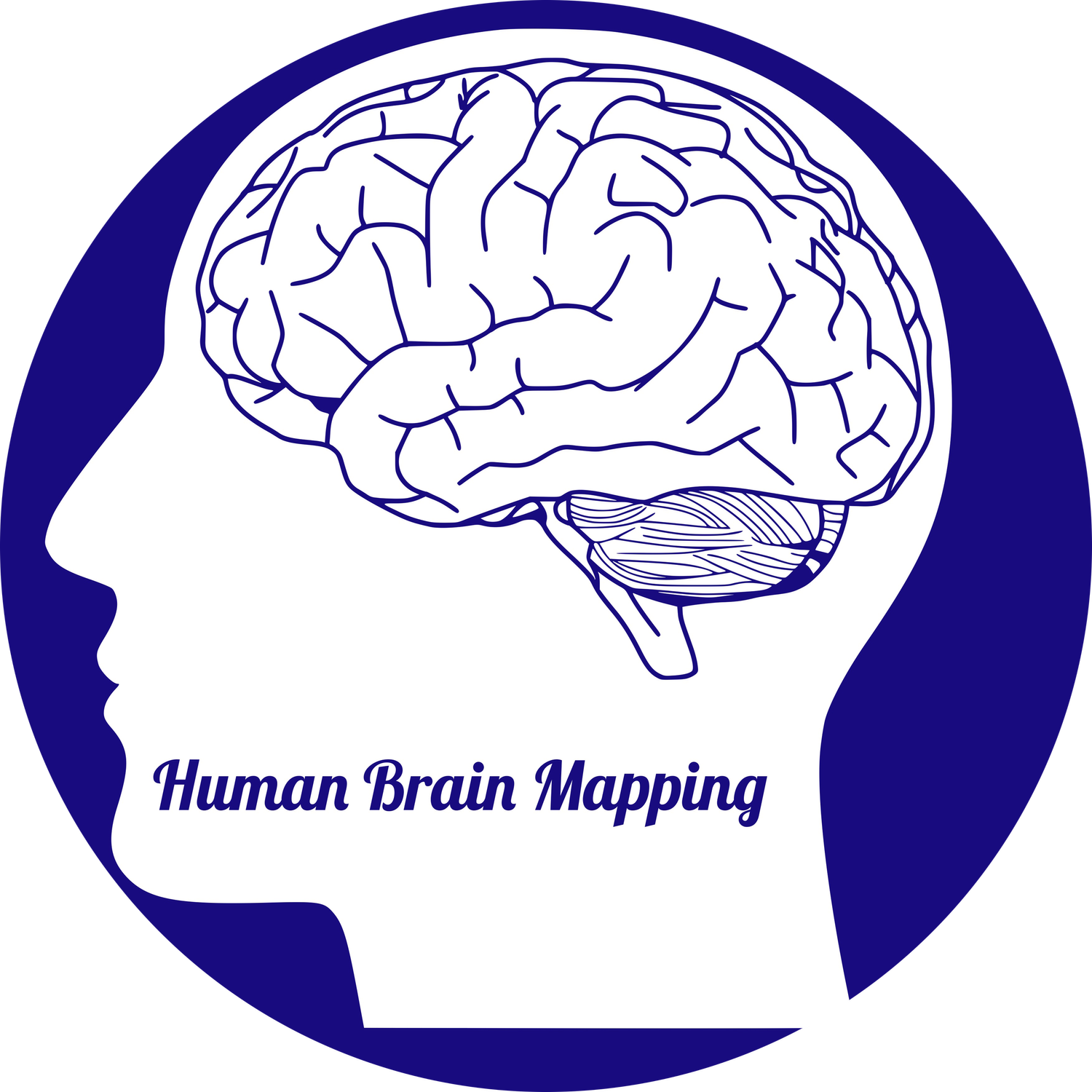BCI and AI applications in Epilepsy care, intracranial EEG (icEEG), and Neurology
The main applications of the Brain-Computer Interface (BCI) have been in the domain of rehabilitation, control of prosthetics, and neuro-feedback. Only a few clinical applications presently exist for the management of drug-resistant epilepsy. Epilepsy surgery can be a life-changing procedure in the subset of millions of medically intractable patients. Recording of seizures and localization of the Seizure Onset Zone (SOZ) in the subgroup of “surgical” patients, who require intracranial-EEG (icEEG) evaluations, remain to date the best available surrogate marker of the epileptogenic tissue. icEEG presents specific risks and challenges, making it a frontier that will benefit from optimization. Despite several novel biomarkers for the localization of epileptic brain regions (HFOs-spikes vs. Spikes, for instance), integration of most in practices is not at the prime time as it requires a degree of knowledge about signal and computation…
Keywords: high-frequency oscillations, high-frequency brain stimulation, single-pulse electrical stimulation, BCI, epilepsy surgery, coherence analysis, epileptogenicity index, connectivity index
Technology alone is not enough–it’s technology married with liberal arts, married with the humanities, that yields the results that make our hearts sing.
Read More